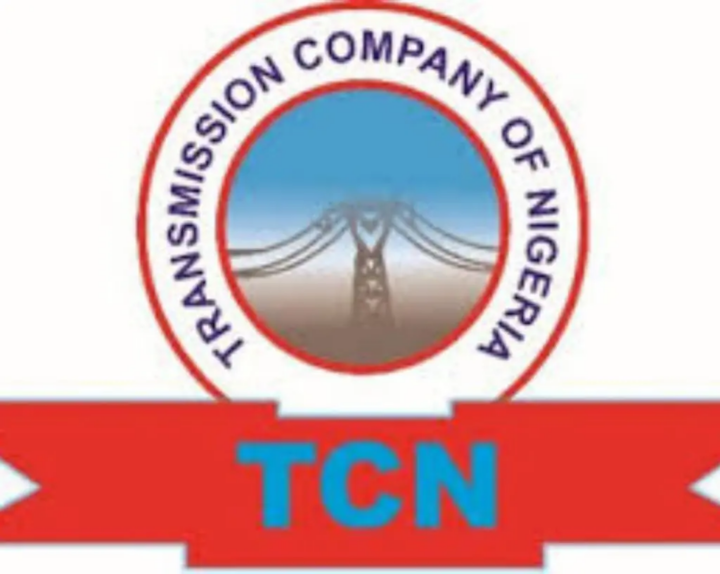A widespread power outage has hit Akwa Ibom State and parts of Rivers following the collapse of the Aba–Itu 132kV transmission line, cutting electricity supply to millions and disrupting daily life in affected communities.The Transmission Company of Nigeria (TCN) confirmed that the outage resulted from a fault that led to the failure of the key 132 kilovolt line serving the corridor. Affected areas include major commercial and residential hubs in Akwa Ibom as well as parts of Port Harcourt in Rivers State. Reports say residents in Uyo, Eket, Itu, and Ekim were plunged into darkness, causing heavy losses for businesses and households.
Officials from the Port Harcourt Electricity Distribution Company (PHED) described the event as beyond their immediate control, explaining that the fault, which appears to be a wire cut or infrastructure damage, occurred along the assembly managed by TCN. PHED said the collapse of the transmission line disrupted power to numerous towns and urged affected customers to bear with the ongoing disruption as repair crews work to restore supply.

Although the exact cause of the line failure is still under investigation, preliminary evidence suggests that physical damage to the line—likely from external interference or vandalism—may have triggered the collapse. Such incidents are not uncommon in the region, where transmission infrastructure faces recurring threats from environmental damage, weather events, and sabotage.
The blackout’s impact has been severe. Small businesses report losses due to spoiled inventory and halted operations. Residents are struggling with lack of light, unsafe road travel at night, and the high cost of alternative power sources like generators. With no clear timeline for full restoration, many are concerned over how long the outage will continue.
TCN, working alongside PHED, has mobilised crews to the affected sections of the transmission line. Authorities say they are assessing the damage and securing components needed for the repairs. However, restoring power is complicated by logistical challenges, including accessing remote line segments, sourcing replacement parts, and ensuring safety protocols are observed.
Power infrastructure experts say this event underscores the fragility of Nigeria’s electricity transmission system. They point out that while generating capacity has improved in some quarters, weaknesses in transmission lines remain a major bottleneck. Damage to critical lines, delays in repair, and lack of redundancy mean many regions remain highly vulnerable to blackouts from a single point of failure.
Government officials have acknowledged the severity of the outage and urged calm among residents. They have committed to overseeing the restoration work and called for enhanced protection of transmission assets. In particular, they urged security agencies to help guard vulnerable stretches of infrastructure and prevent future sabotage or vandalism.
For now, community leaders and consumer groups are demanding that the power companies provide clearer timelines and regular updates. Many argue that prolonged outages harm not just comfort and safety, but economic well-being. They are also calling for compensatory measures for commercial users who have incurred losses due to the blackout.
The incident comes amid growing concerns over reliability in Nigeria’s power sector. Despite reforms and recent investments, disruptions stemming from transmission failures continue to undermine public trust and economic stability. Observers say that unless transmission infrastructure is upgraded and better protected, similar blackouts will persist—and often at a scale capable of paralyzing entire regions.
Residents in Akwa Ibom and Rivers are hoping for swift resolution. While the TCN has pledged to restore supply as soon as possible, many brace for extended inconvenience. For now, those affected will have to depend on alternative power sources, careful planning, and patience, while all eyes are on technical teams working to bring lights back on.
Support InfoStride News' Credible Journalism: Only credible journalism can guarantee a fair, accountable and transparent society, including democracy and government. It involves a lot of efforts and money. We need your support. Click here to Donate
